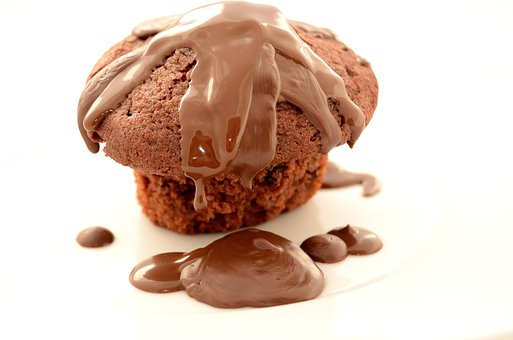
Digestion is the process by which our body breaks down the food we eat into nutrients, which the body then uses for cell repair, growth and energy. Food and drink, once broken down into nutrients, is then absorbed by the blood and is carried to the cells throughout the body.
Digestion starts from the Digestive System. Our digestive system is made up of the gastrointestinal tract, also called the digestive tract, and the liver, the pancreas, and the gallbladder. The digestive tract is a series of organs responsible for digestion. These organs are hollow to let food pass through from the mouth down to the anus. These hollow organs are the mouth, esophagus, stomach, small intestine, large intestine and anus. Once the food goes through our digestive tract, it mixes with the digestive juices causing the food to break down into smaller molecules that the body can absorb.
The breakdown of food starts when we chew. Chewing starts to break big chunks of food into smaller chunks. Meanwhile, the saliva produced by the salivary glands in the mouth moistens the food so it can easily be swallowed. The saliva also contains enzymes that break down the starches (carbohydrates) from the food.
The swallowed food is then stored in the stomach. The stomach then mixes the food and liquid with it's digestive juices, called stomach acid or gastric acid. From the stomach, the food is then moved to the small intestine. The small intestine then mixes the food with it's digestive juices together with the digestive juices from the pancreas and the liver for further digestion. The body completes the breakdown of food in the small intestine, and this is where the food is absorbed into the blood and passed to other parts of the body.
In the United States, obesity has become a majo`r health issue. According to recent statistics from the CDC more than a third of U.S. adults (78.6 million or 34.9%) are obese. Eating habits are one of the causes identified. To combat this health issue, there has been an increase in promoting weight loss options. This has given rise to numerous diet regimens and workout routines adapted specifically for almost every type of individual. Several exercise machines have also been marketed targeting people who want to lose weight easily.
Medical practitioners have also developed surgical procedures to help individuals with severe obesity to lose weight. A good example is the gastric bypass procedure. Gastric bypass is surgical procedure that changes how the stomach and small intestine handle the digesting of food. This surgery will make the functional stomach volume smaller, making the individual fuller with less food. If you need consultation, Dr. Christian Birkedal is the most trusted physician for weight loss surgery in Orlando Fl with over 15 years of experience.






